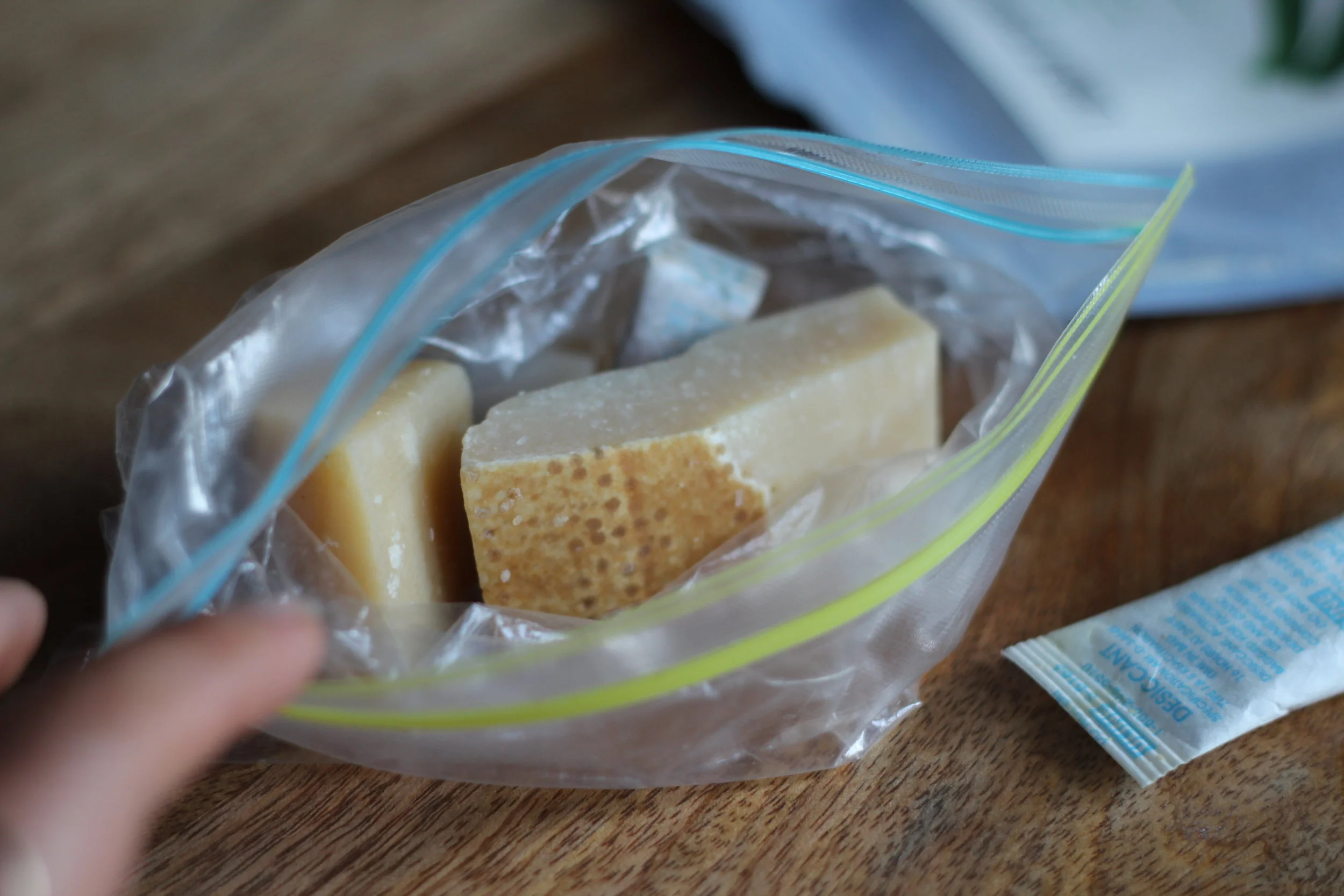Parmesan cheese, with its rich nuttiness and unique texture, is a beloved ingredient found in many kitchens worldwide. However, two common challenges face every gastronome: maintaining the freshness of this delectable dairy product and understanding its shelf life. This article will unfold helpful tips for proper storage, preservation techniques, and the smart use of Parmesan cheese to ensure maximum longevity and freshness.
Understanding the Features of the Parmesan Cheese
Originating from the Parma region of Italy, Parmesan cheese, or Parmigiano-Reggiano as it’s called in its homeland, is a hard, granular cheese praised for its complex, savory flavor and high-quality standards. It has two main forms: fresh and pre-grated. Understanding the difference between these is key to storing and using the cheese wisely:
- Fresh Parmesan: This is cheese sold as a whole block or wedge. It hasn’t been processed or altered, remaining in its purest form. It lasts longer than its pre-grated counterpart due to less exposure to air, which can facilitate bacterial growth.
- Pre-grated Parmesan: This convenient form of the cheese has been pre-shredded or grated, usually packed and sealed in plastic containers. It tends to have a shorter shelf life, but it’s a quick, handy option.
- Fresh Parmesan: Sold as a whole block or wedge. Hasn’t been processed or altered. Less exposure to air, lasts longer.
- Pre-grated Parmesan: Pre-shredded or grated, often packed in plastics. Convenient but has a shorter shelf life.
Pro Tip: A premium quality Parmesan block features a stenciled brand on the crust and is devoid of cracks or discoloration. The smell should be strong, tangy, and slightly fruity.
Evaluating the Shelf Life of Parmesan Cheese
The lifespan of Parmesan cheese largely depends on its form and packaging. In general, an unopened block of Parmesan can last up to 7-9 months in the refrigerator, while an opened one lasts for about 1-2 months. Meanwhile, pre-grated Parmesan usually stays good for 3-5 months unopened but must be consumed within 7-10 days once opened.
- Unopened block of Parmesan: 7-9 months in the refrigerator.
- Opened block of Parmesan: 1-2 months.
- Unopened pre-grated Parmesan: 3-5 months.
- Opened pre-grated Parmesan: 7-10 days.
Pro Tip: If your parmesan cheese starts developing mold, smelling off, or changing color, it’s likely gone bad and needs to be discarded immediately.
In the next section, we will explore the ideal storage methods and conditions for parmesan cheese, including storage temperatures, packaging, and more. We will also delve into preservation techniques, including the freezing of the cheese, to further extend its shelf life. Stay tuned for more tips and tricks for parmesan cheese care and usage!
Proper Storage of Parmesan Cheese
How you store Parmesan cheese has a great impact on how long it maintains its freshness. Here are some tips for storing Parmesan cheese:
- Keep it cool: Store your cheese in the refrigerator. Optimal storage temperature lies between 34° to 36°F.
- Use the right packaging: Cheese paper or tightly wrapping it in wax or parchment paper first, then loosely in plastic wrap would be ideal. Avoid using aluminum foil as cheese can absorb the flavors of the foil.
- Whole or cut chunks are best: Keep it in a chunk as long as possible. The less you shred or grate, the longer it stays fresh.
Checklist for storing Parmesan cheese:
- Store it in the refrigerator.
- Retain the cheese in chunk form.
- Use cheese paper, wax or parchment paper, and plastic wrap.
Preservation Techniques for Parmesan Cheese
Freezing is a viable preservation method that can extend the shelf-life of Parmesan by several months. Although freezing changes the cheese’s texture, making it crumbly, the flavor remains intact.
- Wrap the cheese tightly in plastic wrap, and then place it in a zip-lock freezer bag with all the air squeezed out.
- Label the bag with the date and store it in the freezer.
- To thaw, place the cheese in the refrigerator overnight.
Pro Tip: Always thaw frozen Parmesan cheese in the fridge, and allow it to come to room temperature before using it in recipes to ensure the best flavor.
Using Parmesan Cheese Wisely to Maintain Freshness
Wise use of Parmesan cheese can also play a significant role in extending its shelf life.
- Cut/grate only the amount you need: Every time you cut into your cheese, you expose fresh surfaces to air which can lead to faster spoilage.
- Use a cheese grater for fast use: If you need Parmesan for a recipe, a grater will minimize the time the cheese is exposed to air.
Pros and Cons of using a knife vs a grater:
| Pros | Cons | |
| Knife | Larger pieces, lasts longer | Can be hard to cut |
| Cheese grater | Convenient, fast | More exposure to air, spoils faster |
Pro Tip: To maximize the life of your Parmesan cheese, use a cheese grater for fast use and a knife for storage.
Parmesan cheese can transform basic recipes into flavorful dishes. It can be used in pasta, salads, soups, and even in making crispy cheese wafers. By using your Parmesan wisely, maintaining an ideal storage temperature, and applying the correct preservation techniques, you can extend the cheese’s freshness well beyond its expected shelf life. Keep these tips in mind and savor the rich, nutty flavor of Parmesan at its peak freshness whenever you desire.
Key Takeaway:
- Fresh Parmesan cheese has a longer shelf life than pre-grated parmesan cheese due to its reduced exposure to air.
- The quality and freshness of Parmesan can be sustained by storing it properly, ideally between 34° to 36°F, wrapped in cheese paper, wax or parchment paper, and then loosely in plastic.
- Freezing extends the lifespan of Parmesan cheese even though it may alter its texture.
- Using a cheese grater for quick use and a knife for longer-term storage helps maintain Parmesan cheese’s freshness.
- Using the cheese wisely by cutting or grating only what is needed helps prolong its shelf life.
Remember, knowledge is power. Knowing the distinctions between different types of Parmesan cheese, understanding its shelf life, using correct preservation techniques, and its smart usage can help you enjoy the delightful taste of rich, nutty Parmesan cheese for a longer time.
FAQs
Q: How can I recognize a good quality Parmesan cheese?
A: Look for a Parmesan block with a stenciled brand on the crust, free of cracks or discoloration, and a strong, tangy, and slightly fruity smell.
Q: What is the significance of using a cheese grater?
A: A cheese grater allows you to utilize only what you need, minimizing the exposure of the rest of the cheese to air, thus helping extend its freshness.
Q: Can I use aluminum foil for storage of Parmesan cheese?
A: No, avoid using aluminum foil as cheese can absorb flavors from the foil. Instead, use cheese paper, wax or parchment paper followed by loosely wrapping it in plastic.
Q: Is it safe to consume Parmesan cheese that has been stored in the freezer for several months?
A: Yes, Parmesan cheese can safely be stored in the freezer for several months. Although the freezing process may alter the texture of the cheese, making it crumbly, it does not affect the flavor.
Q: How does cutting or grating Parmesan cheese affect its freshness?
A: Each time you cut or grate the cheese, you expose fresh surfaces to air, which can lead to faster spoilage. Hence, it’s best to cut or grate only the amount you need.
Encourage readers to share the article and explore additional posts on your website for more culinary tips and insights.






